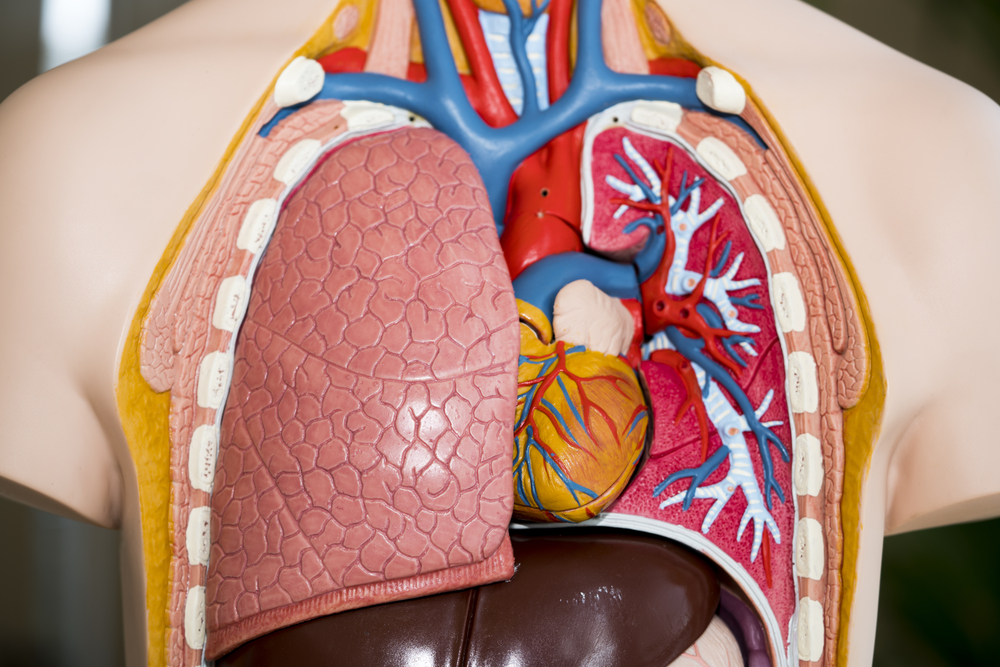Pulmonary Hypertension Patient With Artificial Heart Receives Real Heart Transplant
Written by |

A man with pulmonary hypertension, the first international patient to receive an advanced but totally artificial heart known as the CARMAT heart, recently had a healthy donor heart successfully transplanted.
The announcement, made by the National Research Center for Cardiac Surgery, in Astana, Kazakhstan, was confirmed by CARMAT, the French company that designed the bioprosthetic artificial heart.
The surgery was carried out by a medical team headed by Yuriy Pya, MD, CEO of the National Research Center for Cardiac Surgery.
The end-stage heart failure patient initially was not eligible for heart transplant because he was diagnosed with pulmonary hypertension. To overcome the situation, cardiologists implanted CARMAT’s artificial heart as a bridge to transplant in October 2017, within the context of the PIVOTAL study.
The European PIVOTAL study — authorized in France, Kazakhstan, the Czech Republic, and Denmark — is testing the implantation of CARMAT’s bioprosthetic artificial heart in 20 patients with end-stage heart failure with stable health. The study’s primary goal is the survival of the patients at six months post-procedure.
Connect with other people and share tips on how to manage PH in our forums!
In this case, the artificial heart allowed the patient to considerably improve his condition during the eight-month period following the implant. The patient then became eligible for a heart transplant and, in June, he was successfully transplanted with a healthy donor heart to replace CARMAT’s device.
“This patient, who was not initially eligible for a heart transplant due to pre-existing pulmonary hypertension, was supported by the CARMAT total artificial heart for 8 months,” Pya said in a press release.
“During this time, our team was able to monitor the improvement of the pulmonary hypertension assisted by the hemodynamic data which are continuously provided by the CARMAT total artificial heart,” Pya added.
According to Pya, the patient is currently “going well,” and the team hopes to further explore this potential therapeutic option in patients with end-stage heart failure.
The primary objective of the PIVOTAL study was clearly met for this patient, as the study protocol calls for six months post-implant survival or a successful heart transplant replacing the device.
“We congratulate the team at the National Research Center for Cardiac Surgery on this first donor transplantation in a patient who was supported by the CARMAT total artificial heart,” said Stéphane Piat, CEO of CARMAT.
“The excellent functioning of the prosthesis during eight months together with the considerable improvement of the patient’s health condition reinforces our confidence in the potential of the CARMAT heart to efficiently treat end stage heart failure,” Piat said.



